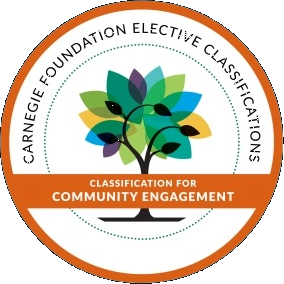Supporting Educators’ Well-Being and Relationship-Based Practices in Early Childhood Programs
Holly E. Brophy-Herb, College of Social Science
Head Start for Kent County
High-quality early care and education for very young children offer the largest, longest impacts on children’s development, compared to programs beginning later. However, early childhood teacher stress/burnout, occurring at higher rates than among teachers of older children, poses significant risks to their capacity to engage in high-quality educational practices. Similarly, early childhood home visitors support a diverse population of children and families, including those whose development is at greater risk due to complex, poverty-related stressors. Over the past 26 years, the sustained, productive relationship between Holly Brophy-Herb and Early Head Start (EHS)/Head Start (HS), a federally funded program serving children 0-5 and their families experiencing low income, has addressed these critical issues. Their shared goals are to develop, implement, and evaluate materials to support children’s social-emotional development, health, and well-being via promoting caregiver (parents, teachers, home visitors) well-being and high-quality practices. This partnership has yielded the development of widely adopted curricula, almost 20 publications, and more than $2.9 million in funding. Longitudinal work on stress with more than 100 early childhood teachers provided significant insight into coping and is informing next steps in the team’s work.









